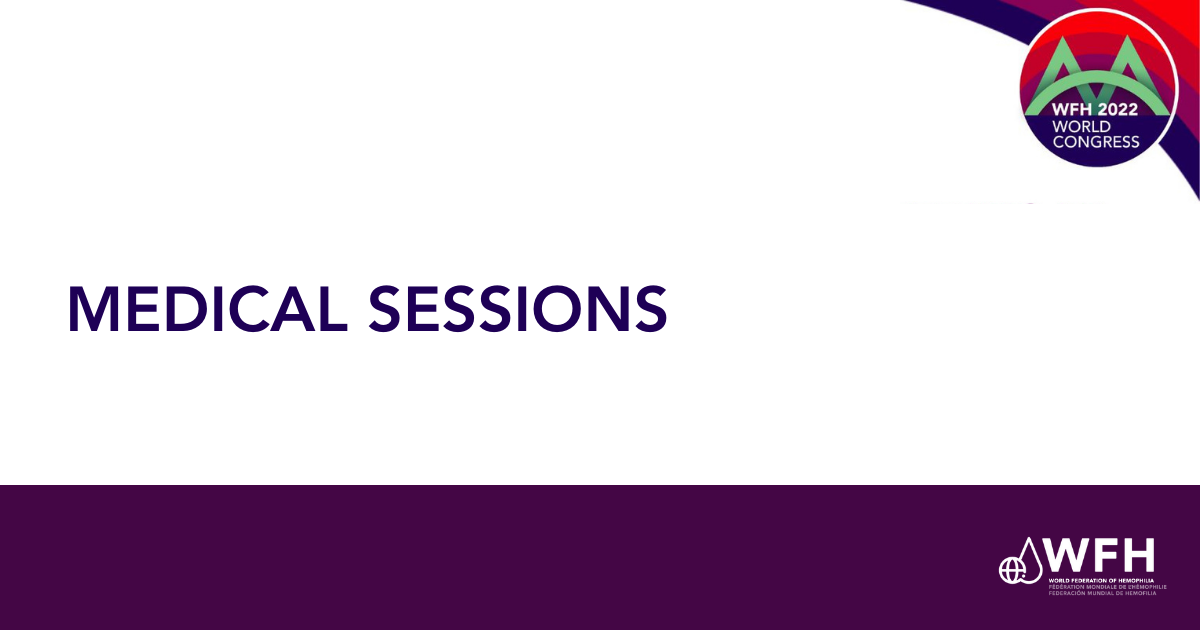
Medical sessions | WFH World Congress 2022
In these sessions from the WFH 2022 World Congress, David Lillicrap, Len Valentino, Sophie Susen, Mrinal Gounder, Rebecca Kruse-Jarres, Christine
Year: 2020
Language: English
Author(s): World Federation of Hemophilia
The development of inhibitory antibodies to therapeutic factor VIII (FVIII) in up to 40% of people with severe hemophilia A (HA) is the major complication in treatment/prevention of hemorrhages. The reasons some people with HA develop inhibitors while others do not, remain unclear.
In this session from the WFH 2020 Virtual Summit, Sebastien Lacroix-Desmazes, Kathleen Pratt and Valder Arruder summarize our understanding of anti-FVIII immune responses, the roles of T cells, both effector and regulatory, and generally discuss the interplay between FVIII and the immune system, both in the case of replacement therapy and in gene therapy.
Click on the icon below to access more on-demand Virtual Summit recordings.
The WFH does not engage in the practice of medicine and under no circumstances recommends particular treatment for specific individuals. For diagnosis or consultation on a specific medical problem, the WFH recommends that you contact your physician or local treatment centre. Before administering any products, the WFH urges patients to check dosages with a physician or hemophilia centre staff, and to consult the pharmaceutical company’s printed instructions.
The WFH does not promote any particular pharmaceutical product and any mention of any commercial brand in this presentation is strictly for educational purposes.

In these sessions from the WFH 2022 World Congress, David Lillicrap, Len Valentino, Sophie Susen, Mrinal Gounder, Rebecca Kruse-Jarres, Christine
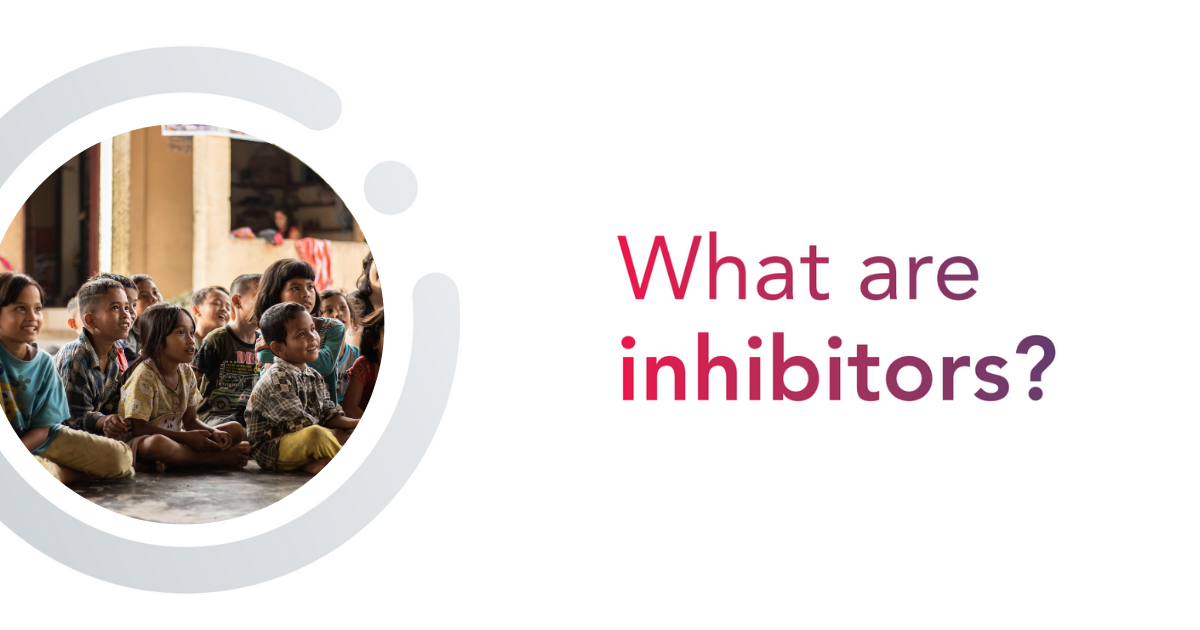
The previous edition of this resource is also available in: Japanese This patient handbook contains basic information about inhibitors, the
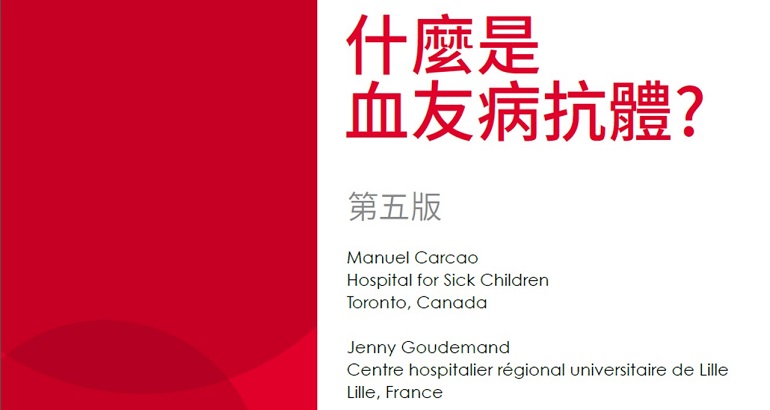
Also Available In: English, Spanish This is not an official WFH translation. This resource has been translated with permission by
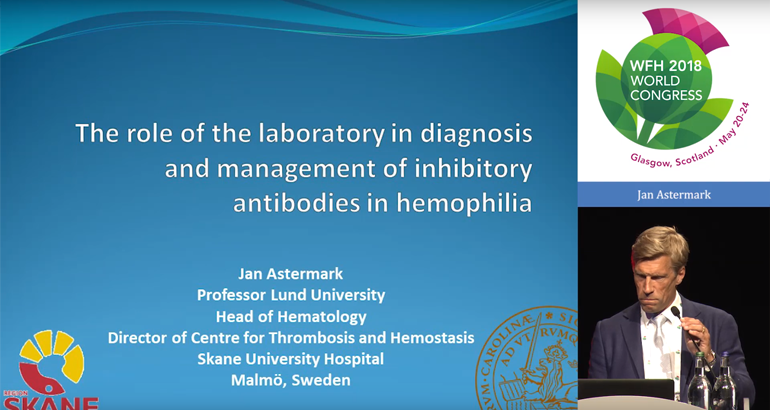
In the Monday morning session entitled Inhibitors: Clinical Aspects, Jan Astermark described the different diagnostic assays laboratories can carry out
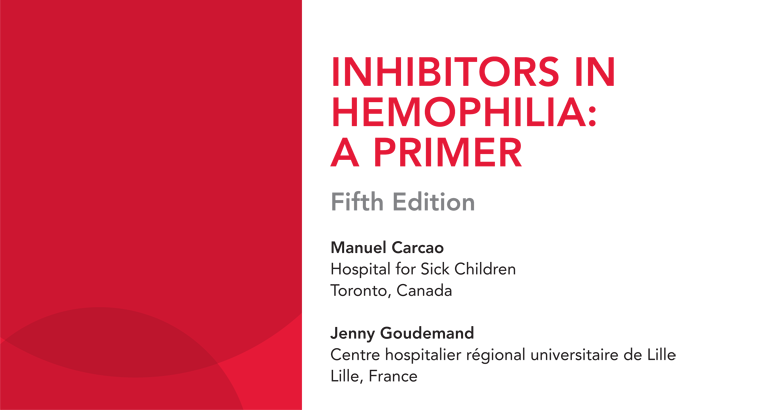
This resource has also been translated into the following languages, with permission from the WFH, by NMOs: Traditional Chinese Inhibitors
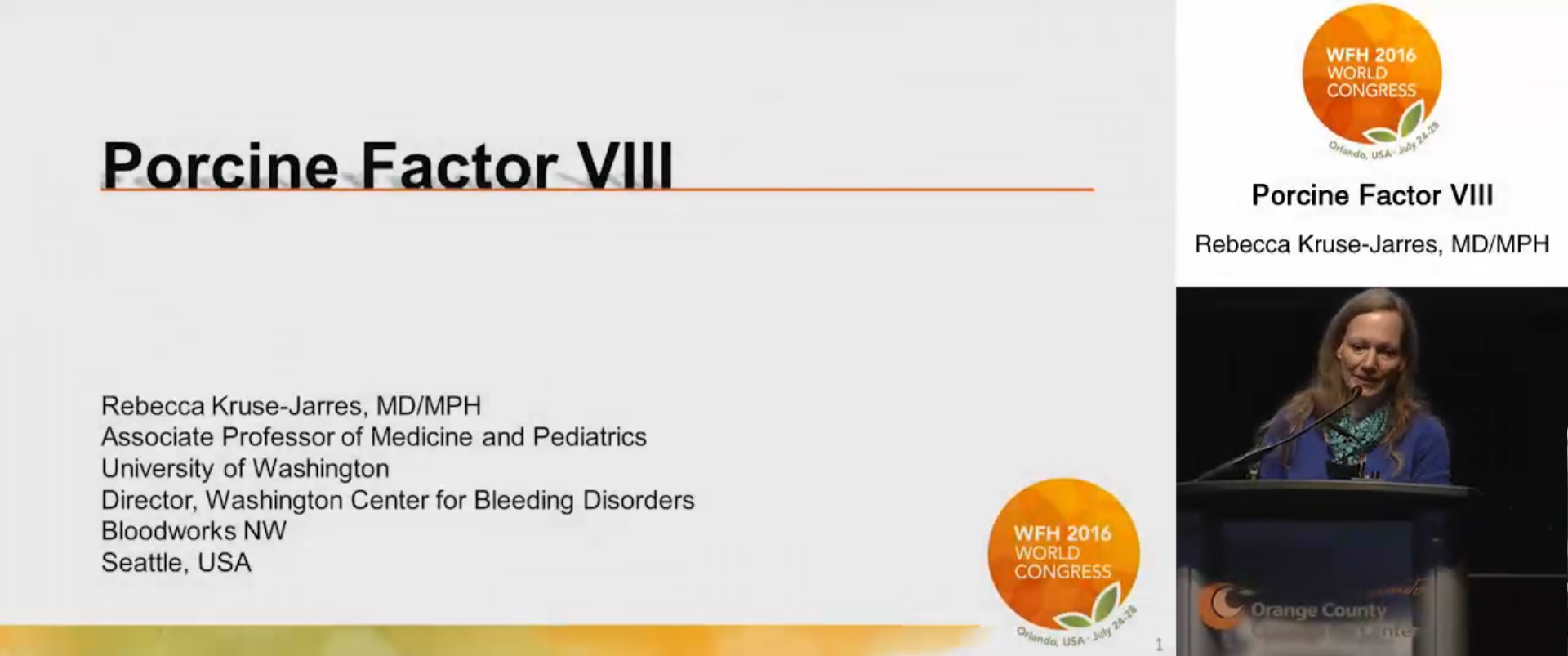
In the Monday afternoon session on alternative therapies in the management of inhibitors, Rebecca Kruse-Jarres discusses the latest developments in